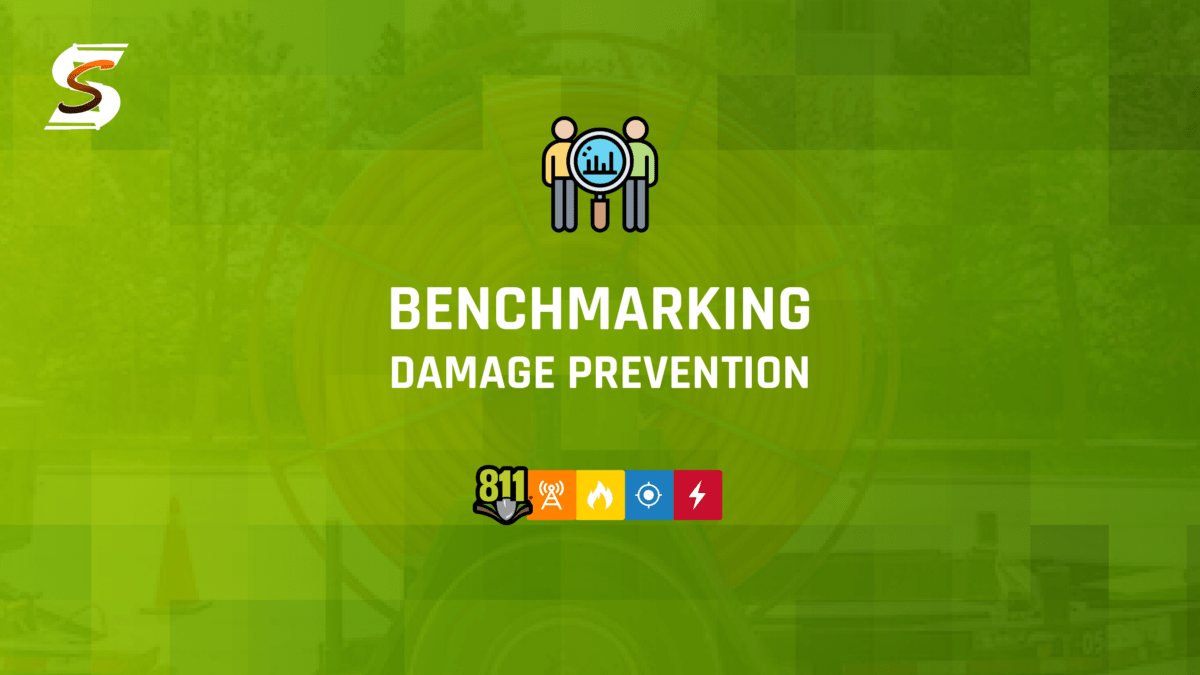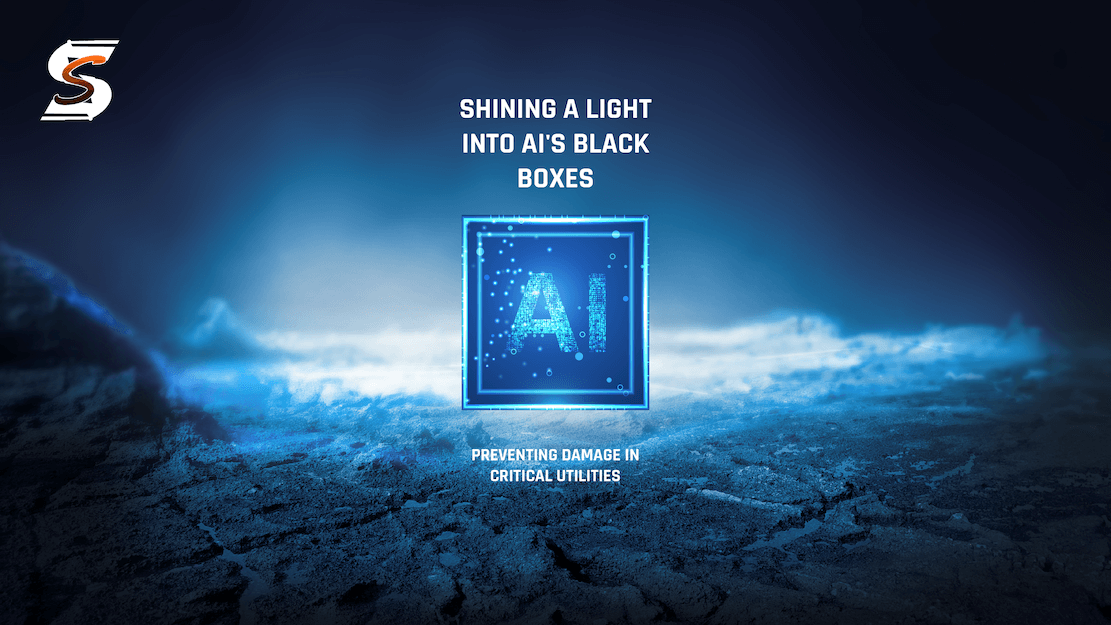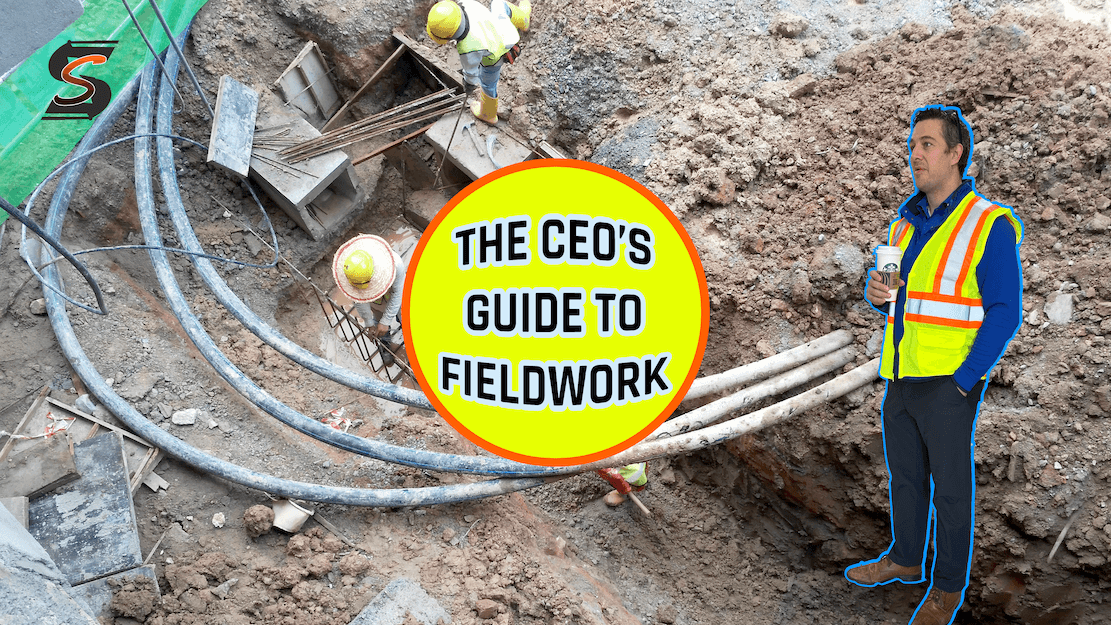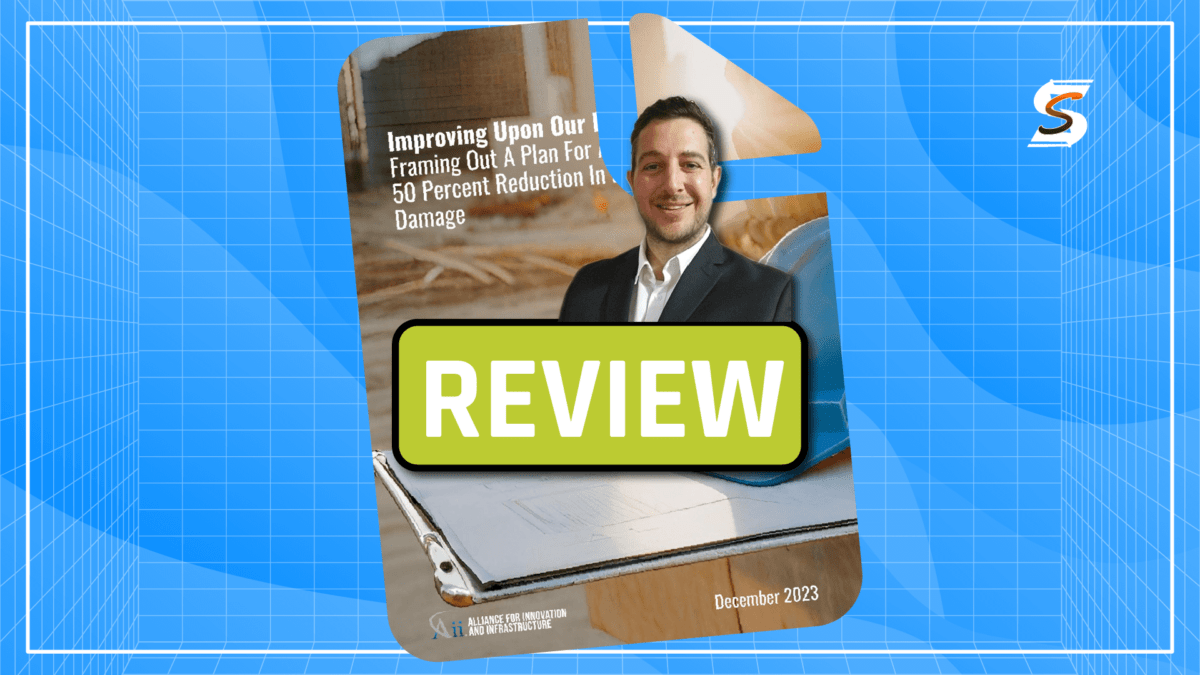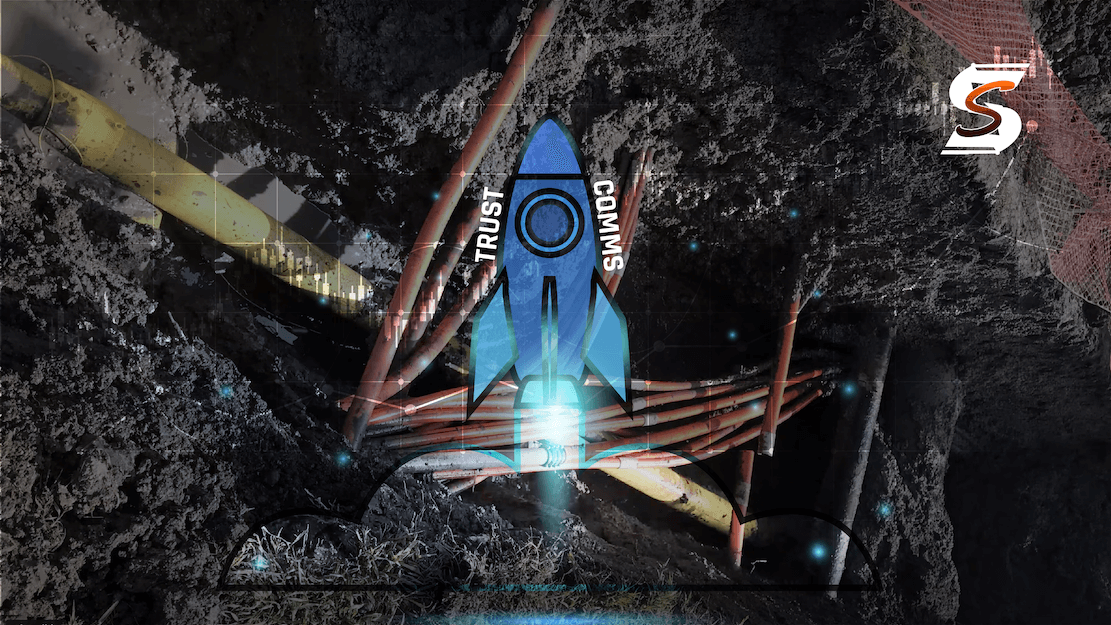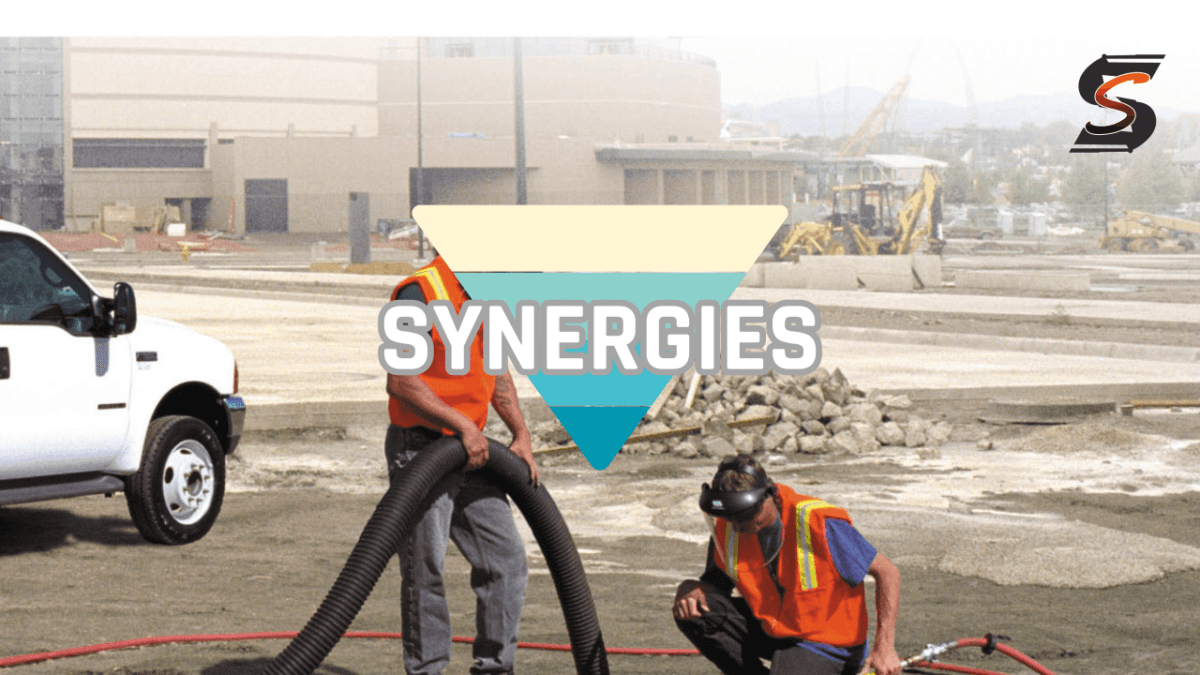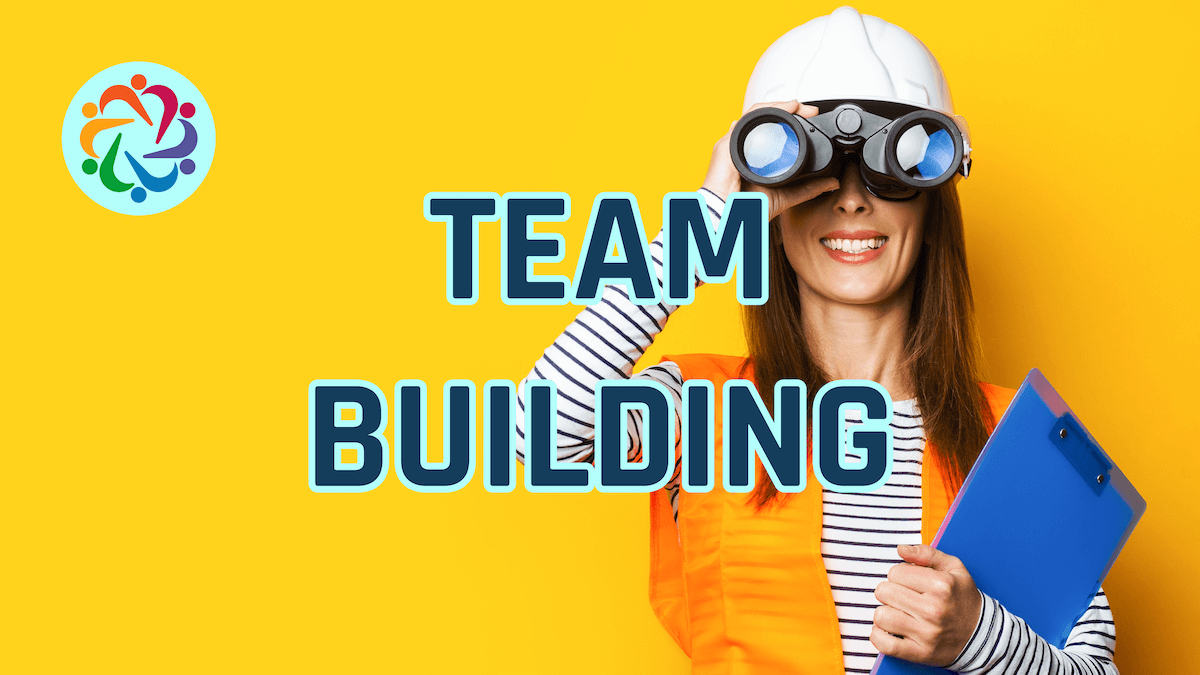The Common Ground Alliance (CGA) provides an invaluable service annually by compiling comprehensive data through its DIRT Report and the Damage Prevention Institute. It would be beneficial to dive deeper into this data, alongside additional information from the broader damage prevention landscape. While safely working around buried utilities is a universal challenge, some industries have been more effective than others …
SHINING A LIGHT INTO AI’S BLACK BOXES
As artificial intelligence systems are increasingly deployed in the utility and damage prevention sectors, a major challenge looms: the opacity and lack of transparency in many AI models used for these tasks. The “black box” nature of complex machine learning algorithms like deep neural networks makes it extremely difficult to understand the reasoning and decision-making process behind their outputs. This …
INEFFABLE CRYPTOGRAPHY & DAMAGE PREVENTION
With the amount of data associated with critical infrastructure and damage prevention cybersecurity is becoming a more and more important, the threat landscape is constantly evolving, and the protection of critical infrastructure has never been more crucial. As we witness an alarming surge in cyber attacks targeting vital systems such as energy grids, water supplies, and transportation networks, it becomes …
BUILDING UP YOUR LOCATORS
Being a proficient locator in the construction industry requires more than just technical know-how. When we send kids to a liberal arts university the intention is to get a wider knowledge of the world than just their specific major, I think we need to take that same tactic with locating. It demands a comprehensive understanding of construction standards, varied utility …
THE CEO’S GUIDE TO FIELD WORK
In the general busyness of my everyday life with kids, and work it’s pretty tempting to work from home or our nearby office and sit behind my screen all day. It makes it more straightforward and I can get a lot done that way. Yet, as the CEO of a company dedicated to damage prevention software ( Competers Inc. ), …
A REVIEW OF AII’S DIG LAW PROPOSAL
Back in December the Alliance for Innovation and Infrastructure (Aii) produced a report called Improving Our Dig Laws: Framing Out A Plan for Achieving A 50 Percent Reduction in Excavation Damage. It’s a report that I overlooked at the time but I’ve spent a few hours looking it over and it’s a real substantial piece of work. It’s effectively a …
BOOSTING TRUST & COMMUNICATION IN DAMAGE PREVENTION
In the past few weeks I’ve met with a number of excavators who keep echoing the same complaint (which I’ve been hearing my entire career in this industry) which is, ‘we (excavators) have stopped bringing up issues with utilities because we (excavators) keep hearing the same excuses’. I understand the frustrations from both sides because we have customers that are …
SYNERGIES: LET’S COLLABORATE
In the world of excavation safety and infrastructure protection, a multifaceted approach is essential to mitigate risks and ensure the integrity of underground utilities. This article explores the intersection of collaborative efforts, information sharing, and subsurface utility engineering in fostering safer excavation practices. By combining these elements, stakeholders can enhance compliance with 811 laws, boost private locate usage, and empower …
BUILDING A STRONG LOCATING TEAM
Retaining staff and building your locate division is a tricky endeavor. As utility locating continues to gain prominence in the construction and infrastructure sectors, the importance of assembling a skilled and dedicated team cannot be overstated. Whether you’re a seasoned industry veteran or a burgeoning startup, attracting and retaining top talent is crucial for the success and growth of your …
ROBOTS IN DAMAGE PREVENTION
If we’re going to meet the 50-in-5 target we’re going to need to continue to innovate in preventing damage to underground utilities. This week one of our team was at a Tesla store in LA and seen their robot Optimus and it triggered me to look at where we’re currently using robotics in damage prevention and what’s coming up next! …
